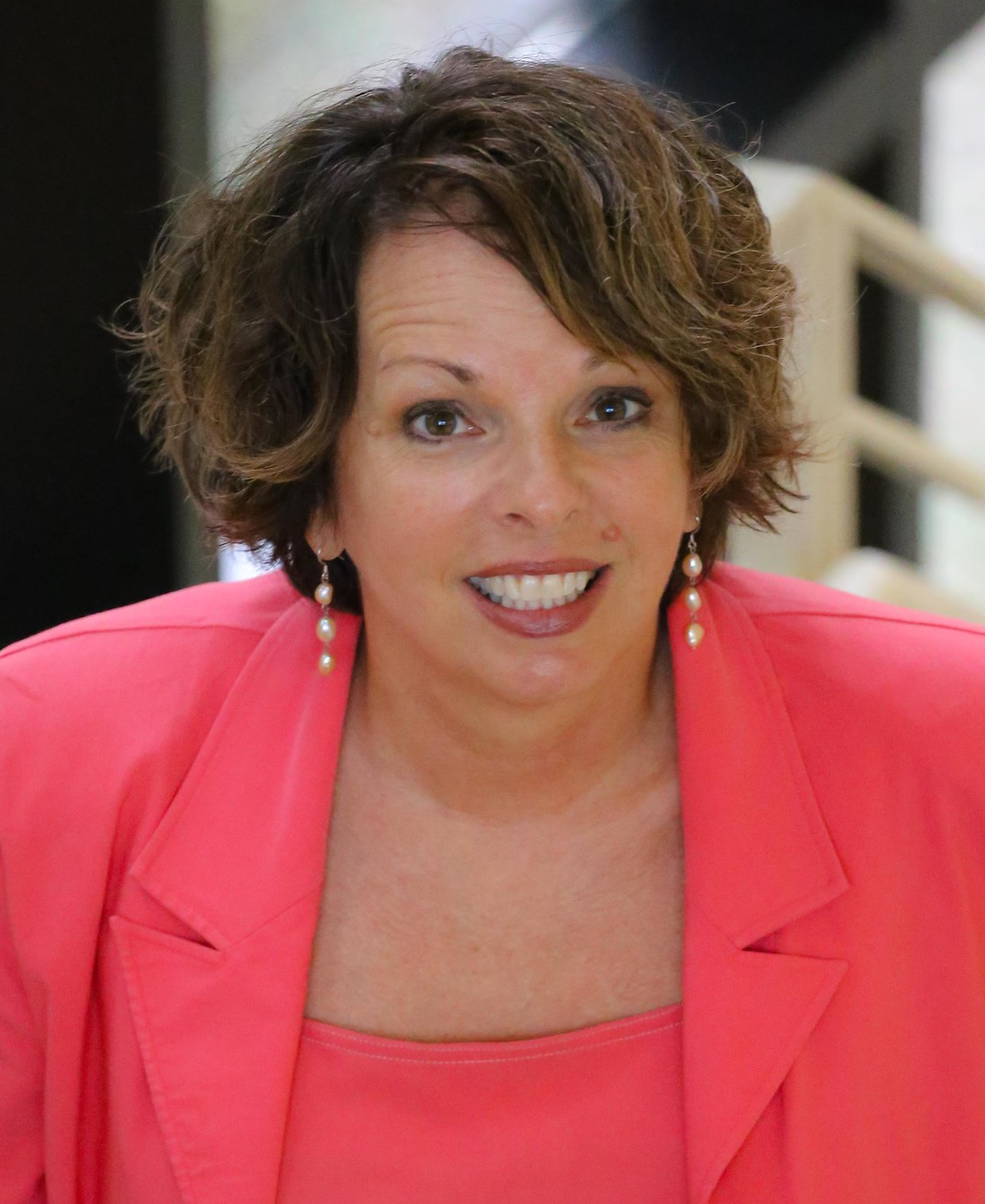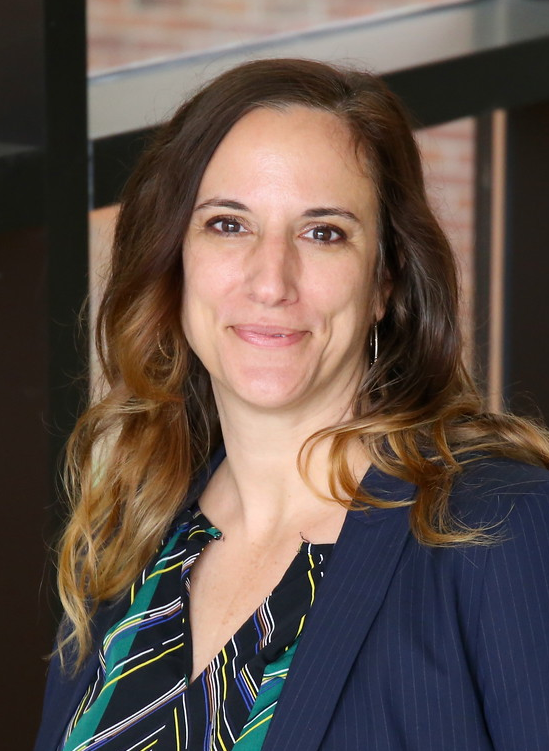Productive science talk is the idea that students should collaborate, discuss and work towards solutions instead of being told information. For instance, students might discuss what they observe in a lab experiment instead of just being told science concepts. Students might not always start with the right answer, but through conversation and guidance from their teacher, they will eventually uncover and discover for themselves important scientific concepts. Of course, teaching through productive science talk is much more difficult than simple lecturing, and many teachers do not have experience or feel comfortable leading this kind of classroom.

Researchers at Florida State University are looking to help support teachers and find ways to bring the collaborative teaching model to more classrooms. Instead of focusing on improving curricula, a team of researchers, led by the Anne & John Daves Professor of Science Education Sherry Southerland, believe that creating, developing and evaluating new approaches to teacher professional development are needed. The team’s National Science Foundation-funded project is titled Learning Through Collaborative Design – Professional Development (LCD-PD) and pertains to helping teachers understand their students’ learning experiences, as well as assisting teachers in designing, analyzing and refining their teaching skills.
 “If students are to understand science as a sense-making activity in which core ideas, scientific practices and crosscutting concepts are used in concert, the field must go beyond simply providing new curricula for teachers,” says Jennifer Schellinger (Ph.D. Science Education ’19), LCD-PD project manager and postdoctoral researcher in the FSU School of Teacher Education. “Instead, new approaches to professional development—approaches that promote teachers’ learning about and enactment of productive talk in collaboration with their peers—are needed.”
“If students are to understand science as a sense-making activity in which core ideas, scientific practices and crosscutting concepts are used in concert, the field must go beyond simply providing new curricula for teachers,” says Jennifer Schellinger (Ph.D. Science Education ’19), LCD-PD project manager and postdoctoral researcher in the FSU School of Teacher Education. “Instead, new approaches to professional development—approaches that promote teachers’ learning about and enactment of productive talk in collaboration with their peers—are needed.”
As part of their research, the team hosted a six-day training institute for teachers to show them the benefits of collaborative discussion. Teachers engage in a similar collaborative process that they will implement in their own classrooms, and the research team identified key ideas that they considered effective professional development principles. They also determined instructional elements that could benefit students, such as assigning rigorous tasks and providing continuous encouragement.
In the spirit of collaborative design, the research team submitted a video explaining their research to the STEM for All Video Showcase. The annual showcase, which is currently in its seventh year, features short videos pertaining to the fields of science, technology, engineering and math and allows researchers and other interested parties to view and discuss projects conducted by their peers around the country. This year’s theme was “COVID, Equity & Social Justice.”
Check out the team’s video below:
To learn more about LCD-PD, visit their website at lcdpd.education.fsu.edu.


